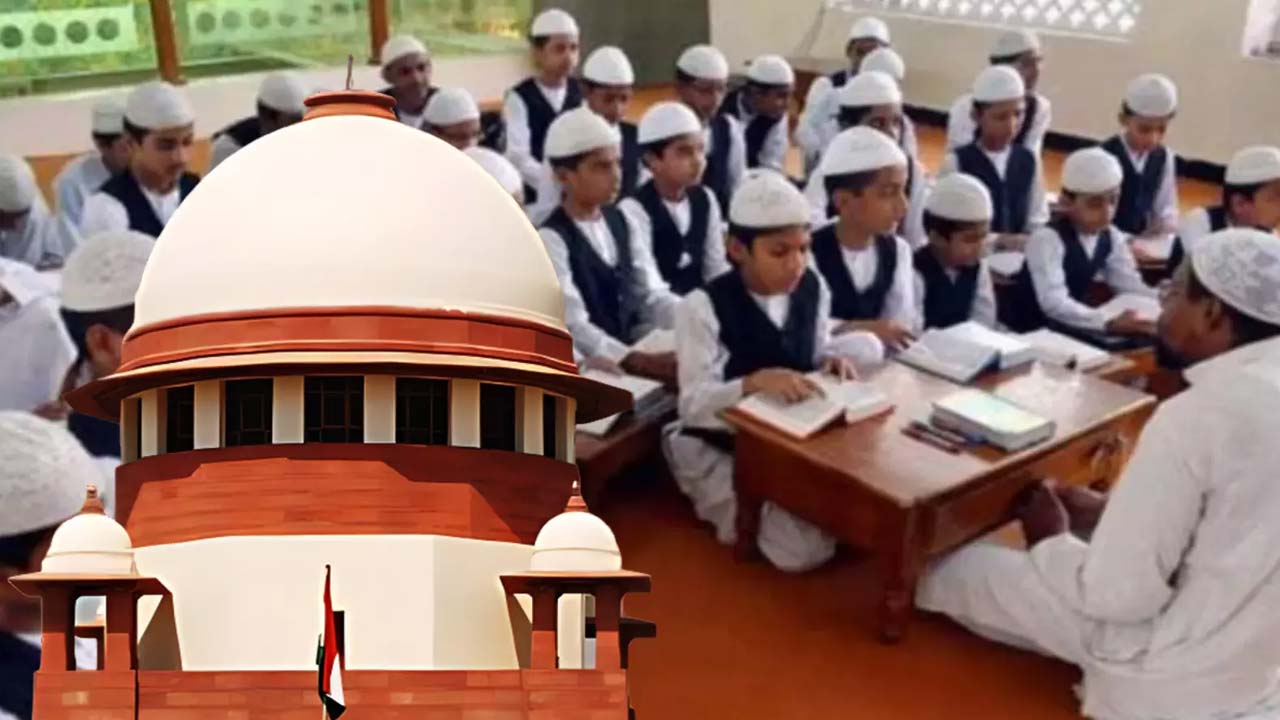
Supreme Court Reserves Order on Madarsa Education Act Appeals
The Supreme Court has reserved its order on appeals regarding the Allahabad High Court's decision deeming the Uttar Pradesh Board of Madarsa Education Act, 2004, "unconstitutional." The case was heard by a bench led by Chief Justice DY Chandrachud, alongside Justices J B Pardiwala and Manoj Misra. Legal arguments were presented by a range of senior advocates representing eight petitioners, including prominent lawyers such as Abhishek Manu Singhvi and Salman Khurshid.
On March 22, the Allahabad High Court ruled the Act unconstitutional, citing violations of secularism and directing the integration of madrasa students into the formal education system. In response, the Supreme Court granted temporary relief to about 17 lakh madrasa students by staying the high court's ruling on April 5. The appeals involve multiple petitions, with the primary one filed by Anjum Kadari, contesting the high court's judgment.
The UP Board of Madarsa Education Act, enacted in 2004, aims to regulate madrasa operations and ensure that students receive a quality education while adhering to constitutional principles. The outcome of the Supreme Court's deliberation will have significant implications for the educational landscape of madrasas in Uttar Pradesh.





















